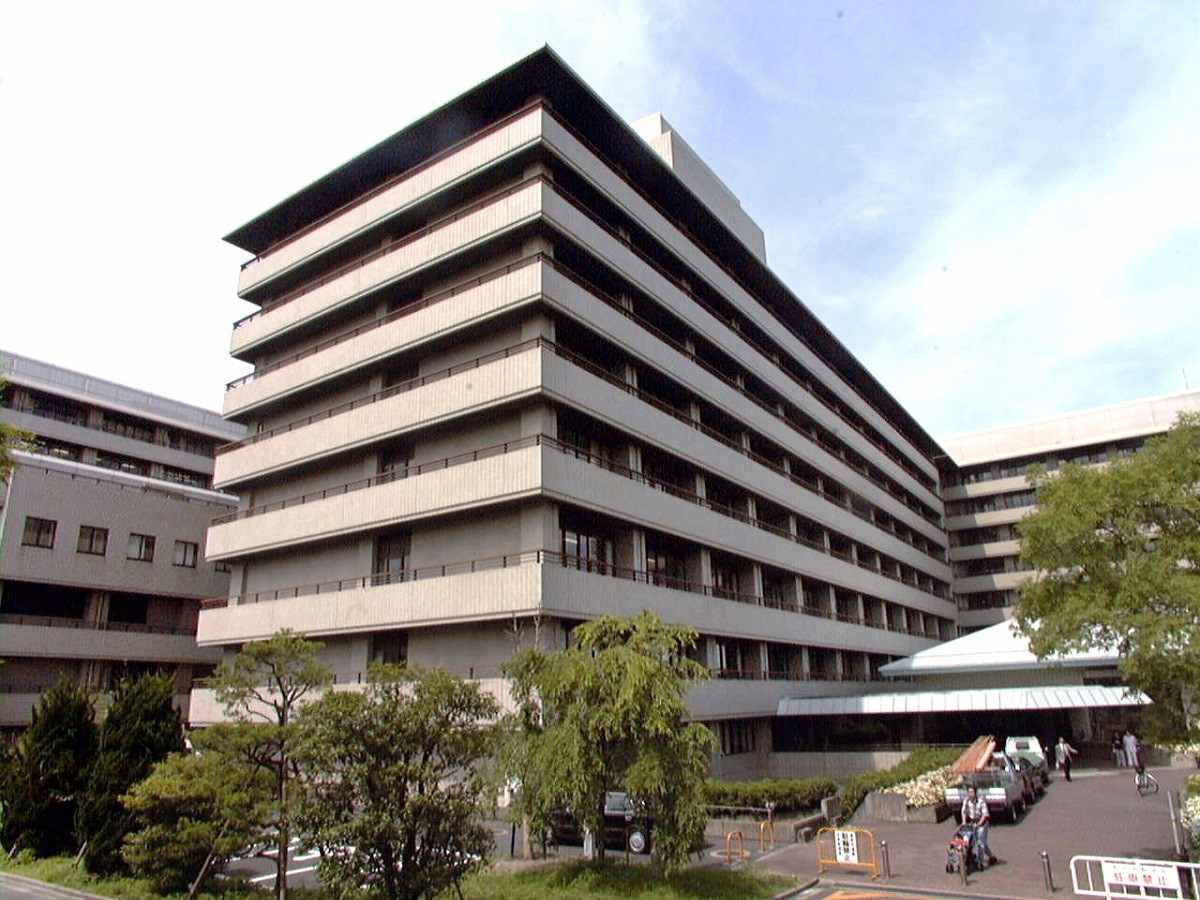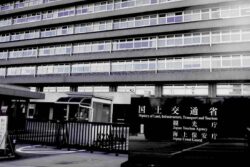Kyoto Hospital to Test Using iPS Cells to Treat Diabetes; Seeks to Reduce Burden of Multiple Daily Insulin Injections

Kyoto University Hospital
20:00 JST, September 2, 2024
Kyoto University Hospital plans to carry out clinical trials, as early as next year, to transplant sheets made from induced pluripotent stem (iPS) cells into patients with a severe form of type 1 diabetes, an illness in which pancreatic cells do not function normally, according to the hospital and other sources.
If confirmed to be effective, the treatment is expected to reduce the burden on patients who currently need repeated insulin injections. After large-scale clinical tests by a company, the hospital is aiming for practical application in 2030 or later.
Patients with type 1 diabetes usually need to give themselves abdominal injections of insulin products several times a day. With type 1 diabetes, so-called islet cells that produce insulin in the pancreas malfunction and become unable to control the patient’s blood glucose levels.
There are an estimated 100,000 to 140,000 type 1 diabetes patients in Japan.
Pancreatic islet transplantation, in which islet cells are extracted from the pancreas of a deceased person and transplanted into severely ill patients, has been covered by the public medical insurance scheme in Japan since 2020. According to the Japanese Pancreas and Islet Transplant Association, however, less than 11 patients have undergone the procedure since then due to a lack of donors and other factors.
Amid these circumstances, Kyoto University and other organizations are working to develop technology to produce pancreatic islets from iPS cells, process them into sheets and conduct clinical tests at the hospital.
The university’s clinical test review board approved the plan in late August, and it was sent to the Pharmaceuticals and Medical Devices Agency, under the Health, Labor and Welfare Ministry, which advises on and review clinical test plans.
The plan calls for islet cell clusters to be created from iPS cells gathered from healthy people, and these clusters are to be collected and made into sheets several centimeters square. Several of these sheets will be transplanted under the skin of patients’ abdomens.
The clinical trial is planned to be conducted on three patients between the ages of 20 and 64, and the safety of the treatment will be confirmed over a period of one year or more. The sheets release insulin in keeping with changes in blood glucose levels, which is expected to help stabilize the glucose levels without the need for insulin injections.
The islet cell sheets will be manufactured by Orizuru Therapeutics, Inc., based in Fujisawa, Kanagawa Prefecture, a startup company born out of joint research between Kyoto University and Takeda Pharmaceutical Co. Orizuru Therapeutics will conduct clinical trials on an expanded scale to confirm the efficacy of the procedure.
Biopharmaceutical company Vertex has been conducting similar clinical trials in the United States in which islet cells are produced from human stem cells and transplanted. In June, Vertex said it had confirmed that the cells had taken root and produced insulin in all 12 patients who underwent the procedure.
“If this treatment is put into practical use, it will reduce the risk of death from low blood glucose levels and complications caused by diabetes,” said Takayuki Anazawa, a senior lecturer at Kyoto University Hospital and a member of the hospital’s Hepatobiliary Pancreatic Surgery and Transport Department.
Japanese Pancreas and Islet Transplant Association President Takashi Kenmochi said, “It is expected to help solve the issue of a lack of donors.”
“It’s necessary to find out over the long term whether the transplanted cells will be transformed into something other than pancreatic islet cells and whether that will have a negative impact,” said Kenmochi, who is also serving as a specially appointed professor at Fujita Health University.
Another challenge is how to lower the cost to realize the practical application of the treatment, he said.
Top Articles in Science & Nature
-

iPS Treatments Pass Key Milestone, but Broader Applications Far from Guaranteed
-

Record 700 Startups to Gather at SusHi Tech Tokyo in April; Event Will Center on Themes Like Artificial Intelligence and Robotics
-

iPS Cell Products for Parkinson’s, Heart Disease OK’d for Commercialization by Japan Health Ministry Panel
-

Japan to Ban Use of Power Banks on Airplanes
JN ACCESS RANKING
-

Producer Behind Pop Group XG Arrested for Cocaine Possession
-

Japan PM Takaichi’s Cabinet Resigns en Masse
-

Man Infected with Measles Reportedly Dined at Restaurant in Tokyo Station
-

Israeli Ambassador to Japan Speaks about Japan’s Role in the Reconstruction of Gaza
-

Videos Plagiarized, Reposted with False Subtitles Claiming ‘Ryukyu Belongs to China’; Anti-China False Information Also Posted in Japan
























